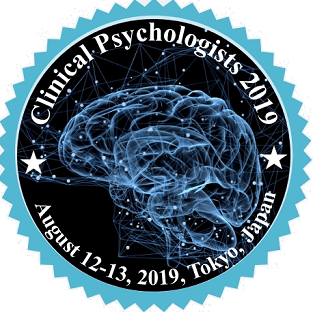
Sneha Goyal
National Institute of Mental Health and Neurosciences (NIMHANS), Banaglore, India
Title: Diagnostic and treatment implications in adults with Attention Deficit Hyperactivity Disorder
Biography
Biography: Sneha Goyal
Abstract
ADHD is a common, chronic psychiatric/neuro-behavioural disorder impacting multiple domains of functioning and quality of life, yet underdiagnosed. Among cliniccians, there is lack of consensus over age of criteria, and symtom cut off needed. There is high overalap noted with other disorders which colours the ADHD picture. Many have a long period of psychiatric treatment as adults before the ADHD diagnosis is made. Individuals receive treatments for comorbidities, but not ADHD which has implications for treatment implications. In adults with ADHD co-morbidity is more often a rule than exception. Furthre, subclincial ADHD is far less recognized. Literature suggests that ADHD is a heterogeneous condition and subtypes are important but likely to share core features. A widely studied variable is, executive functions. Barkley’s (1997) model of ADHD comprehensively explains phenomemnon underlying ADHD. It further validates Wender Utah’s inclusion of emotion regulation (another important variable) as diagnositic, than associated feature of adult ADHD. Social cognition in adult ADHD has recently gained importance but is only in its infancy. There is a need to understand common preocesses in heterogenous cluster of adult ADHD symptoms, executive functions, emotion regulatoin, social cogniton and their implication on day to day functioning. It has implications for making comprehensive treatment guidelines for adult ADHD. The present study reviews the diagnostic challenges, regulation as a transdiagnostis thread across variables such as executive functions, emotion regulation, and social cognition) in adults with ADHD. It also critiques current treatments available for adult ADHD and future directions for comprehensive therapeutic care.

